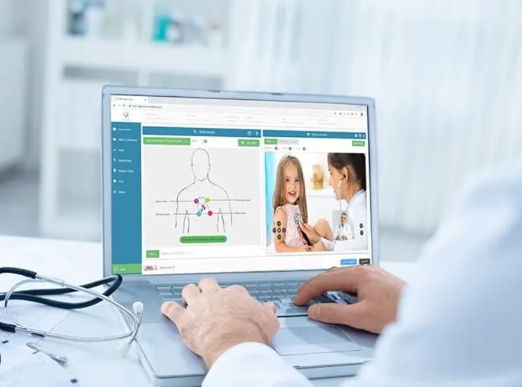Telemedicine has become an increasingly popular way for patients to receive medical care from the comfort of their own homes. In this article, we will explore the basics of telemedicine, helping you understand its fundamentals.
What is Telemedicine?
Telemedicine is the use of technology to provide medical care remotely. This can include video conferencing, phone calls, and even text messaging. It allows patients to consult with healthcare providers without having to physically visit a doctor’s office.
Benefits of Telemedicine
One of the key benefits of telemedicine is convenience. Patients can receive medical care without having to travel or wait in a doctor’s office. This can be especially helpful for those with mobility issues or busy schedules. Telemedicine also allows for quicker access to care, reducing the need for long wait times.
Another benefit of telemedicine is cost savings. By eliminating the need for travel and in-person visits, telemedicine can help patients save money on transportation and childcare expenses. Additionally, telemedicine can reduce the burden on healthcare facilities, freeing up resources for those who need in-person care.
Limitations of Telemedicine
While telemedicine offers many benefits, it is not suitable for all medical conditions. Some conditions may require in-person evaluations, tests, or treatments that cannot be provided remotely. Additionally, not all healthcare providers offer telemedicine services, so it may not be an option for some patients.
Privacy and Security Concerns
Privacy and security concerns are also important considerations when utilizing telemedicine. It is crucial to ensure that the technology being used is secure and compliant with patient privacy laws. Patients should also be cautious when providing personal health information over the internet or phone.
The Future of Telemedicine
The future of telemedicine is bright, with ongoing advancements in technology and an increased acceptance of remote care. As more healthcare providers adopt telemedicine into their practice, patients can expect greater access to quality medical care from the comfort of their own homes.
In conclusion, telemedicine is a convenient and cost-effective way for patients to receive medical care remotely. While it may not be suitable for all conditions, telemedicine offers many benefits and continues to evolve as a valuable healthcare resource.

